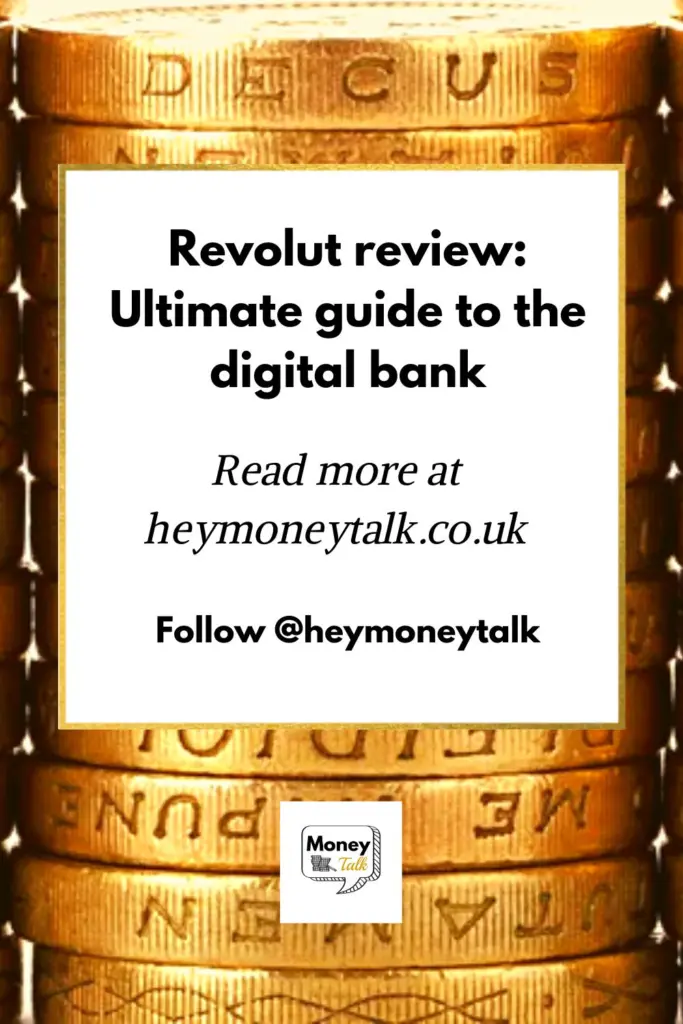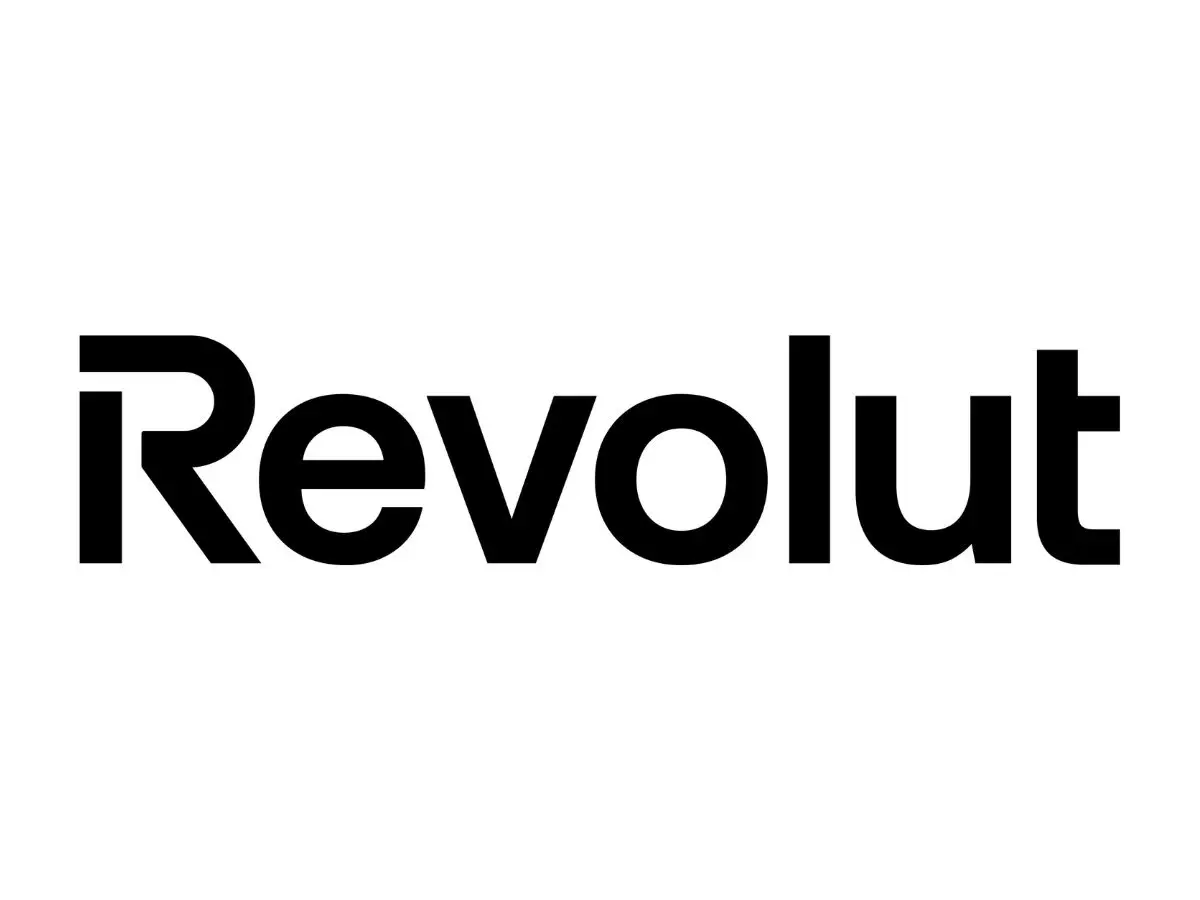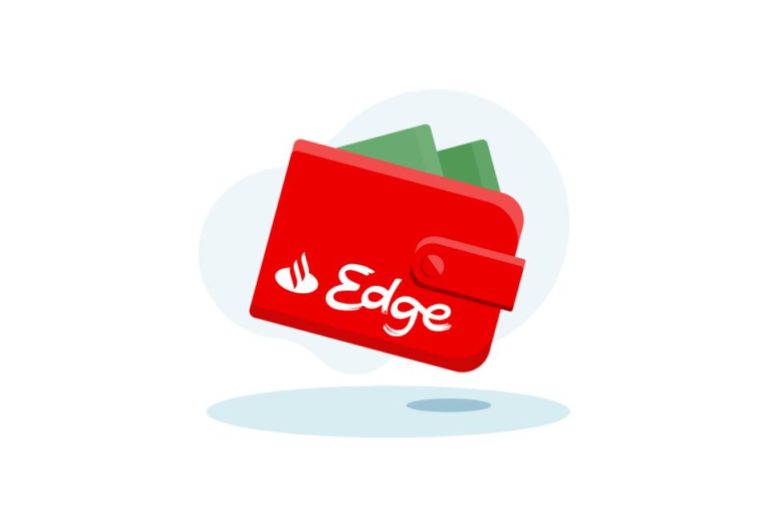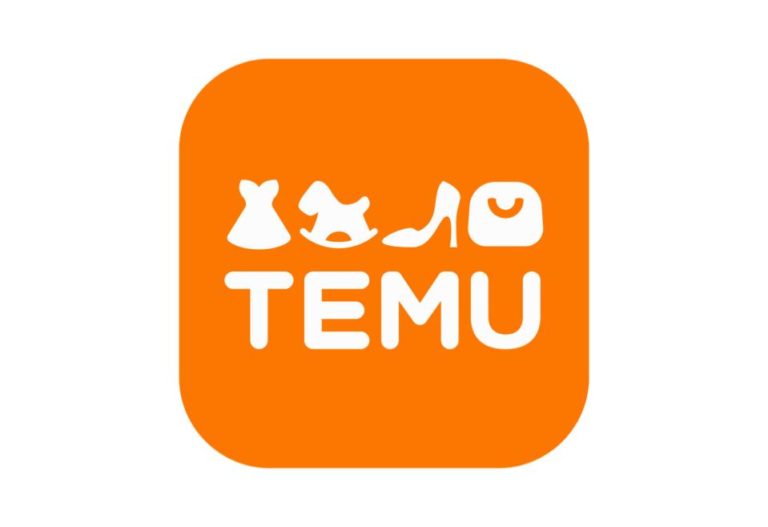Revolut review: Ultimate guide to the digital bank
Money Talk is intended to inform and educate; it's not financial advice. Affiliate links, including from Amazon, are used to help fund the site. If you make a purchase via a link marked with an *, Money Talk might receive a commission at no cost to you. Find out more here.
With over 65 million users across more than 160 countries and territories, Revolut is one of the most popular digital-only banks out there.
You may well be wondering why it’s so popular when there are already so many traditional banks.
That was certainly my stance when I first encountered it (and had a negative experience).
Since signing up I’ve become a convert – and this full Revolut review explains why.
What is Revolut?
Revolut is considered a neobank – that is, a digital-only bank with no physical branches, like its competitors Monzo and Starling.
Everything is managed through its website or app, including customer service queries.
The fintech company started out as an e-money provider back in 2015, offering money transfers and exchange services alongside pre-paid Mastercards.
Since then it’s expanded into savings, investments, personal loans, business bank accounts and even financial services for children.
Basically it’s become a bit of a one-stop shop for all your financial needs.
Is Revolut a bank?
While Revolut already operates as a bank in other parts of the world, it’s still considered an e-money institution in the UK. That’s changing though.
In July 2024, Revolut was issued a banking licence with restrictions by the Prudential Regulation Authority (PRA) – the regulator responsible for overseeing the UK banking industry – and has been in the “mobilisation” stage since then.
This final stage allows Revolut to implement certain banking processes, and for the regulator to assess whether those are sufficient for keeping their customers’ money safe.
Until Revolut becomes a full bank, it will only hold deposits of up to £50,000 per customer.
And any money held by Revolut is protected through safeguarding rather than by the Financial Services Compensation Scheme (FSCS).
Revolut products and features
As I mentioned earlier, Revolut offers a few different kinds of accounts: Personal, Pro, Business and Kids & Teens.
Some of these are free with paid plans while others are only available as a paid product.
Personal account
The Revolut Personal account is the brand’s main product.
Five plans are available: Standard (free), Plus (£3.99/month), Premium (£7.99/month), Metal (£14.99/month), and Ultra (£55/month).
For the average user, the free Standard account is more than sufficient.
It comes with all the features you’d expect from a normal current account, from making and receiving payments to setting up standing orders and direct debits.
What it does better than high street banks – and what enticed me to open an account – is its foreign currency services.
As well as offering better exchange rates and lower fees for sending money abroad, Revolut will let you hold multiple currencies in your account.
As part of my journalism work, I get paid in US dollars, euros and occasionally other currencies, and Revolut allows me to receive those payments in the original currency and with minimal fees.
It means when exchange rates are terrible, I can hold the money in that currency and change it at a later date.
On occasions, the difference can be more than £100 so it’s well worth doing.
For US dollar and euro accounts, Revolut also offers savings accounts that pay interest on money in credit, albeit at very low rates.
There are a few other features that are worth highlighting.
You can open a joint account with someone else, have a linked savings account that pays interest, and connect your other bank accounts to Revolut so you can see all your balances in one place.
You can also use your account for investing, including in cryptocurrencies.
Be aware though that since this sits outside of a tax-efficient wrapper, any gains you make will be subject to capital gains tax.
The Pockets feature allows you to divide your balance into multiple pots for ease of budgeting.
You can automate this so your salary goes straight into the pots on pay day.
And for certain transactions, you can earn RevPoints, Revolut’s loyalty currency.
Revolut puts various restrictions on the Standard account – for example, how much money you can exchange without paying a fee – but you can lift these by upgrading to one of the paid plans.
The paid plans also come with a free card, better interest rates, subscriptions such as Uber One and Headspace* (Premium upwards), and various insurance products.
Pro
In 2022, Revolut launched Revolut Pro for freelancers.
It’s a free current account designed for those who are self employed, rather than those who are solo directors of their own limited company.
And while it’s a separate account with separate account details, you can’t get a Pro account without a Personal account.
If you’re on a paid plan on your Personal account, you’ll also get better benefits on Revolut Pro.
Pro feels a lot like a pared down version of the Personal account, although Revolut describes it as a simplified business account.
You can use it for all the usual banking functions, including holding multiple currencies, and you can also get up to 1% cashback on business expenditure.
It’ll be particularly useful for those with products to sell as you can use it to accept payments in person, whether through a card reader or QR code.
But while payments by bank transfer are free, all of the other methods for accepting a payment will incur a fee.
Business
The Revolut Business account launched back in 2017 and is intended for those operating a limited company.
Only paid plans are available for Business accounts, and there are four options to choose from: Basic (£10/month), Grow (from £30/month), Scale (from £90/month) and Enterprise (Custom fee).
As well as the banking and payment features you get with Revolut Pro, you can also use it to manage your expenses and issue corporate cards.
What you won’t get is cashback on your spending.
Given there are so many free business bank accounts out there, I’m not sure Revolut would be my first choice if I was running a start up or a small business.
For bigger businesses, it’s a different story as the more expensive paid plans come with savings accounts that offer in-credit interest and discounts on certain services, which can help offset the banking fee.
It’s worth noting of course that banking fees are a tax deductible expense for businesses.
Kids & Teens
Revolut’s original product for under 18s, launched in 2020, was known as Revolut Junior. In 2025, it became Revolut Kids & Teens, with an expanded list of services.
There are two products under this category.
The Revolut Kids & Teens account for those aged six to 15 comes with very limited features, and require the approval of the parent or guardian to open.
The kid can access the account using their own app login, and they can use a virtual or physical debit card to spend their money.
There’s also a linked savings account that they can use to save money.
The parent or guardian has some oversight of this account via their own Personal accounts.
They can set spending limits, freeze cards and close accounts, for example.
Teens aged 16 or 17 are able to open a Revolut Kids & Teens account without their parents’ consent.
It has almost all the same features as a Personal account, except they can’t invest or send more abroad.
Is Revolut safe to use?
The simple answer is yes, the money you hold with Revolut is safe.
At the moment, any money you hold in a current account with Revolut is protected through safeguarding, but this will transition to the FSCS once Revolut becomes a full bank.
Money held in Revolut’s savings accounts are already protected through FSCS because they’re deposited with ClearBank, which holds a full banking licence.
Digital security is of course a major concern for any neobank and Revolut has multiple features in place to protect your money and your personal information.
Two-factor authentication is mandatory when you log in to your account online and for certain transactions, for example.
Revolut also continuously monitors your account using AI. If it spots something suspicious, it will send an alert or even freeze your account.
And of course you can freeze your card on the app if it gets lost or stolen.
Pros and cons of banking with Revolut
Revolut’s best feature is, hands down, its currency exchange services.
Its exchange rate is set at the interbank rate, which means it’s much better than what you would get with high street banks.
Being able to hold money in multiple currencies is also useful for those who work for clients in different countries, have to send money to other countries, or simply travel regularly.
The budgeting feature will be handy for some people while RevPoints is fairly competitive as far as loyalty schemes go.
And if you use your Revolut account for work, it’s easy to imagine how you could scale from Pro to Business with ease as your business grows.
However, Revolut comes with some limitations too.
Customer support is limited to the in-app chat function. You’ll get support 24/7 but you’ll have to go through the AI assistant first.
For complex issues, then, it can be frustrating and time consuming to reach a solution.
It’s also worth noting that while the free Personal account is more than adequate, fees start kicking in if your usage surpasses the limits that Revolut has set.
And you won’t get in-credit interest on your current account even though plenty of other banks do offer in-credit interest.
As for the Business accounts, there are plenty of free alternatives that offer more or less the same features.
Should you bank with Revolut?
As you’ve probably gathered, I’m not as enthusiastic about Revolut as I am about the Club Lloyds account or Nationwide’s current account.
Revolut has a lot going for it but I personally feel that its customer base is quite niche.
The currency exchange services are great for those working in multiple currencies, need to send money abroad, or who travel regularly, but otherwise there’s no real reason why you should pick Revolut’s Personal account over that of another bank.
Especially given that you might earn £100 or more when you switch your current account with a high street bank, and they’ll probably have better interest rates on savings accounts.
It’s why I use Revolut but I also do my main banking elsewhere.
What I will say is that Revolut’s paid plans provide much better value than those of many high street banks.
On the Metal plan for Personal accounts, for example, you get ClassPass credits and passes for WeWork’s co-working space.
But then again, those benefits are also for a very specific type of customer.
Pin this for later








